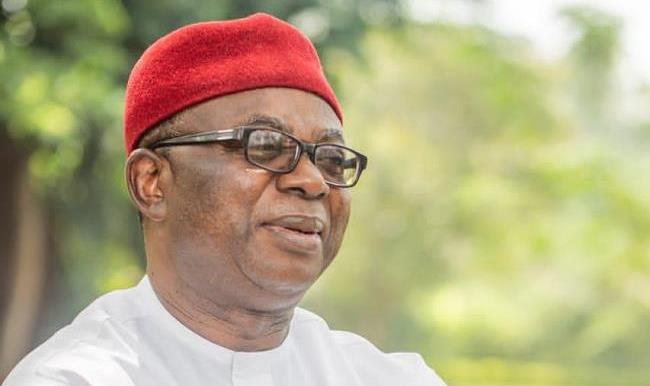Former House of Representatives member, Chief Sam Oniugbo, says no country has immunity from climate change impact hence all hands should be on deck to address and promote environment-friendly actions.

Onuigbo sponsored the Climate Change Act in the 9th National Assembly. It provides the legal and administrative framework for Nigeria’s climate change policies and actions.
He said in Abuja on Monday, December 2, 2024, that it was incorrect for leaders of any country to assume they had little or no role to play in the global efforts to mitigate the impact of climate change.
Onuigbo said it was unfortunate that developing nations like Nigeria contributes little to climate change, they bore the larger chunk of climate change impact on the environment.
He said such could be felt in the areas of draught and famine, deforestation and desert encroachment, landslides and erosion menace.
Onuigbo urged developed countries to demonstrate more support for developing nations who now bear the brunt of their environment unfriendly acts in past.
He said Africa brings a lot of variables to the climate change negotiation table, including a young and vibrant population with ideas on environment-friendly initiatives, critical minerals required in the global energy transition, among others.
He said with more support from developing countries, Africa could be turned into a green manufacturing hub for the good of the global environment.
Speaking on the just-concluded COP29 in which he was a participant, Onuigbo said it was an opportunity for experts and world leaders to review climate change actions and implementation of the resolutions of COP28.
The climate change advocate said it was a window for Africa to push its case for climate change mitigation and support initiatives as a bloc rather than as individual countries.
He said it was a chance for Africa to speak as a united body, which made it to negotiate from the position of strength.
Onuigbo said areas covered included transition from fossil fuel to sustainable energies and financing climate change initiatives.
By Uche Anunne
